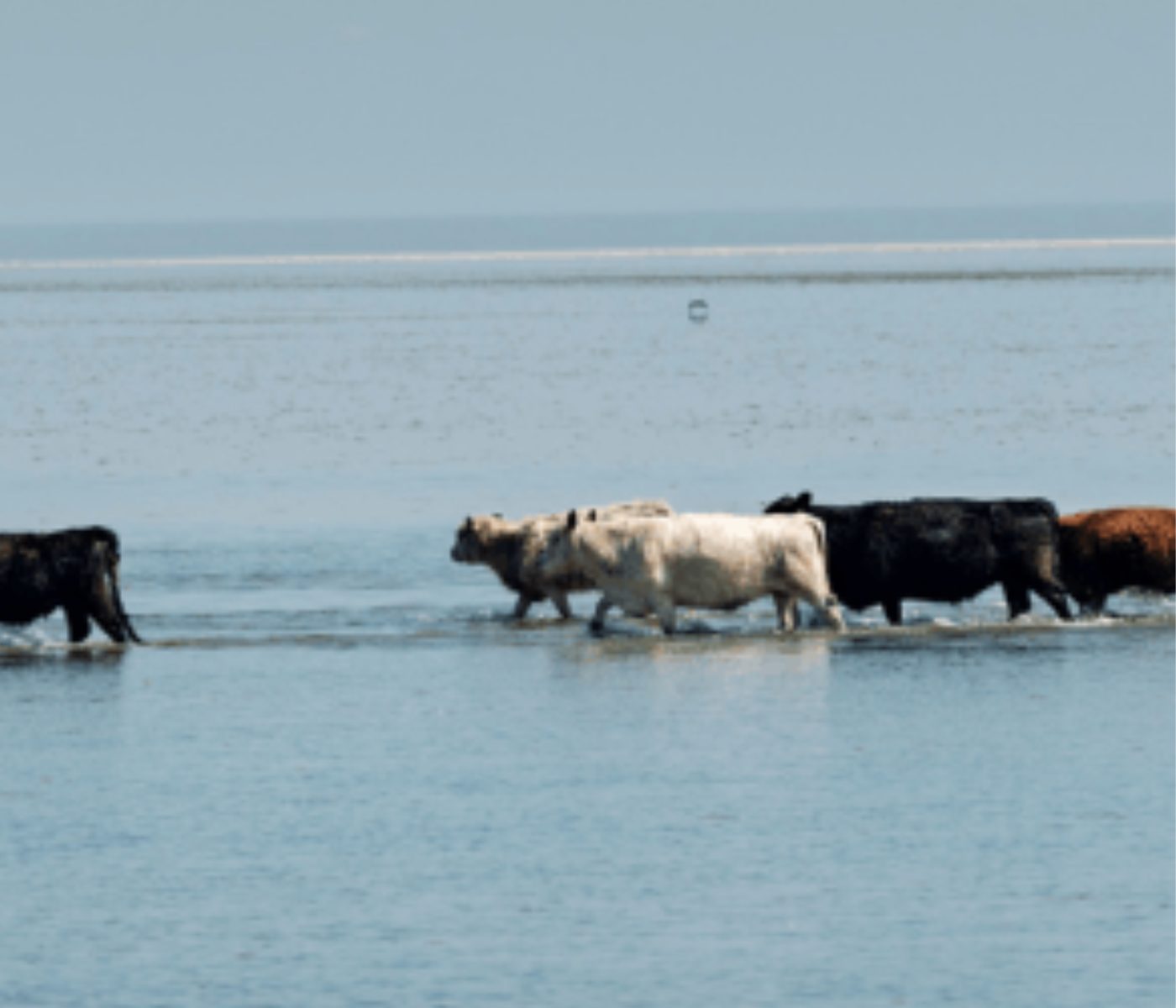Source:
 07 May 2025
07 May 2025
In Colombia and other warm-climate regions, heat stress has become a critical factor threatening the success of in vitro fertilization (IVF) programs in cattle.
Heat stress has emerged as a major obstacle to the success of in vitro fertilization (IVF) programs in cattle, a technology that has gained great importance in enhancing livestock productivity and genetic progress.
This challenge occurs when animals are unable to effectively dissipate body heat due to high temperatures and humidity. In cows, this condition not only causes discomfort but has serious physiological impacts on reproduction.
One of the main consequences of heat stress is the reduction in oocyte quality, which lowers the chances of successful fertilization in the lab. It can also compromise early embryonic development, a stage during which embryos are especially vulnerable.
Heat stress reduces the secretion of progesterone, a hormone crucial for maintaining pregnancy, and may affect the uterus’s ability to receive and implant the embryo properly. These physiological changes lead to a significant drop in pregnancy rates, even in cows undergoing advanced techniques like IVF.
Studies cited by the National University of Colombia (UNAL) show that even a slight increase of 0.5 °C in body temperature can reduce fertility by 13% to 60%. This statistic underscores the high sensitivity of bovine reproduction to even small thermal fluctuations.
While powerful, IVF depends on tightly controlled conditions, both in the laboratory and in the environment where donor and recipient cows are kept. Heat stress is an external factor that escapes laboratory control and can undermine technical advancements of the procedure.
In vitro embryos require an optimal uterine environment for implantation and development. If environmental conditions harm the cow’s overall health, the uterine support needed for the embryo is compromised. This represents a considerable economic loss for farmers investing in this technology in hopes of achieving higher productivity returns.
In this context, preventive measures are essential. Some key recommendations include:
Installing ventilation systems and water sprinklers in barns or corrals to reduce ambient temperature.
Ensuring adequate shade in grazing areas.
Avoiding reproductive manipulation during the hottest hours of the day and scheduling IVF procedures during cooler times of the year, when possible.
Providing constant access to clean, fresh water to prevent dehydration, which worsens the effects of heat.
Monitoring the temperature-humidity index (THI) in cattle areas, as this indicator helps anticipate high-risk thermal periods.
Heat stress affects not only reproduction but also milk production, feed intake, and overall animal welfare. Therefore, addressing it is not just a matter of reproductive efficiency, but of sustainable livestock management.
Nutritional strategies can play a crucial role in alleviating the impacts of heat stress. Providing high-quality, energy-dense feeds and supplementing with minerals and vitamins that support metabolic function can help cattle better cope with high temperatures. Proper hydration and adjusted feeding schedules that align with cooler parts of the day can further improve health and reproductive outcomes.
IVF offers a valuable opportunity for genetic improvement and increased cattle productivity in Colombia, but its success depends on integrated management that considers both biotechnological, environmental, and nutritional factors.
Source:
Subscribe now to the technical magazine of animal nutrition
AUTHORS

Nutritional Interventions to Improve Fertility in Male Broiler Breeders
Edgar Oviedo
The Use of Organic Acids in Poultry: A Natural Path to Health and Productivity
M. Naeem
Synergistic Benefits of Prebiotics and Probiotics in Poultry, Swine, and Cattle
Gustavo Adolfo Quintana-Ospina
Hybrid Rye Potential in Laying Hen Feed Rations
Gwendolyn Jones
A day in the life of phosphorus in pigs: Part I
Rafael Duran Giménez-Rico
Use of enzymes in diets for ruminants
Braulio de la Calle Campos
Minerals and Hoof Health in the Pregnant Sow
Juan Gabriel Espino
Impact of Oxidized Fats on Swine Reproduction and Offspring
Maria Alejandra Perez Alvarado